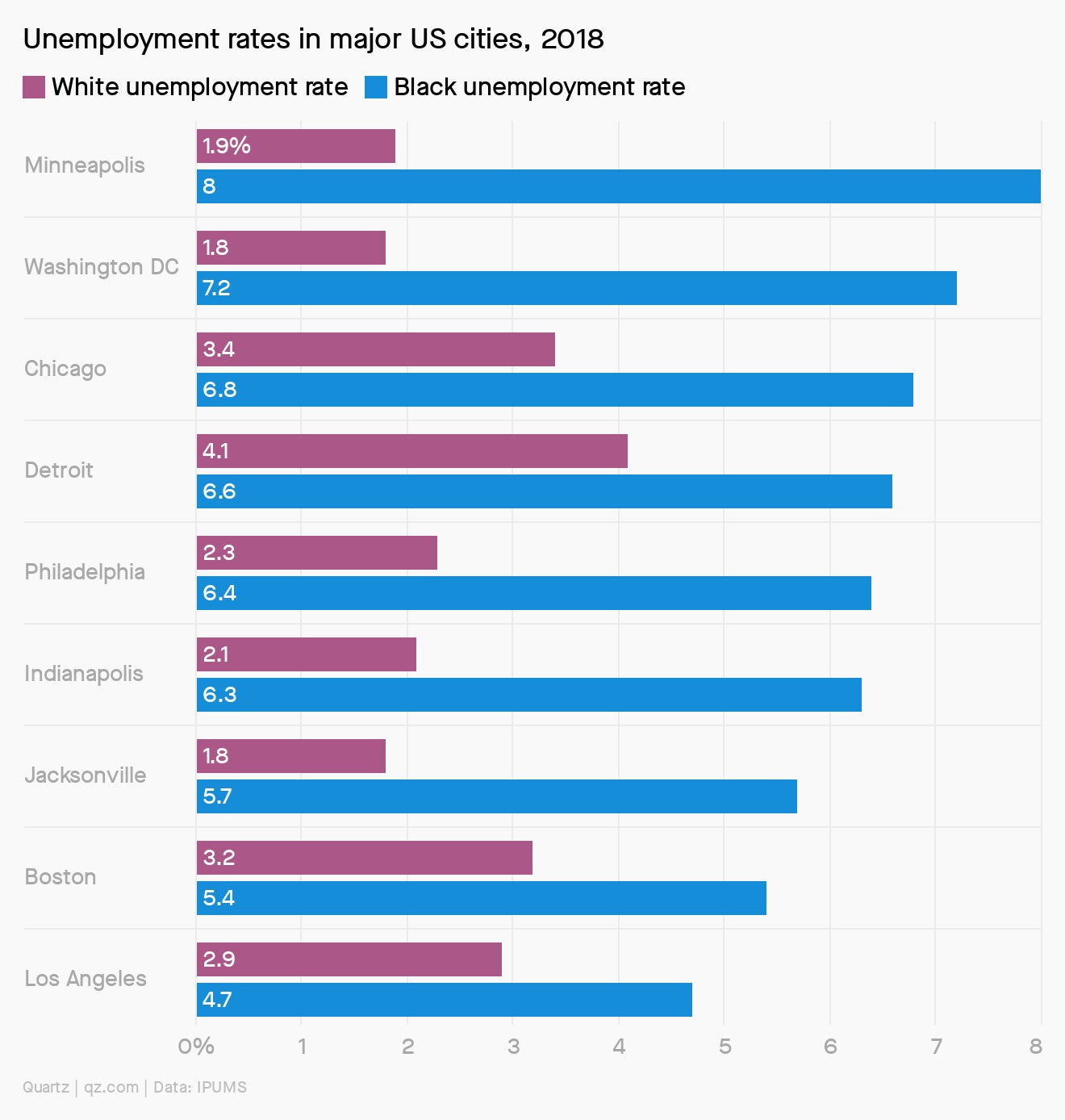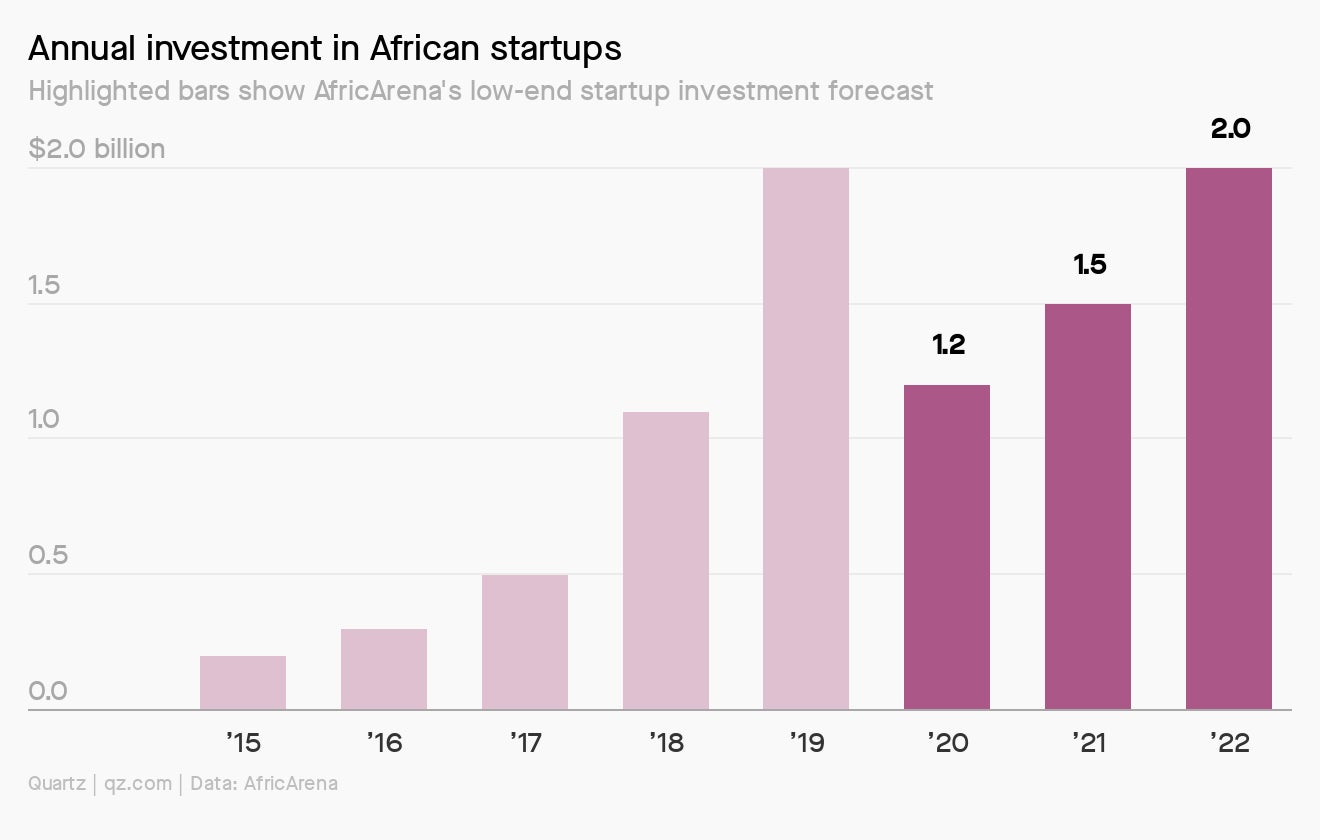Secure messaging apps, Covid-19 vaccines, retro cellphones
Good morning, Quartz readers!

Good morning, Quartz readers!
Here’s what you need to know
As protests continue, activists are turning to encrypted communications. Downloads of the secure messaging app Signal have spiked, and the company has also introduced a face blurring feature. A memorial service for George Floyd, whose death sparked the global demonstrations, took place yesterday in Minneapolis.
Drug company AstraZeneca is to start producing a Covid-19 vaccine. Trials with a team at Oxford University have not yet been completed, but according to CEO Pascal Soriot, the company must prepare now for the enormous future demand if the vaccine works (see below).
US trade was whiplashed in April. The Commerce Department reported a record 13.7% drop in imports compared to March, and a 20.5% fall in exports—another record—over the same period.
US airlines are planning more summer flights. American and United each announced schedules to places in the United States where national parks and outdoor spaces are finally reopening after months of restrictions. The markets approved, raising the companies’ share prices.
Las Vegas casinos reopened, and they were packed. Gamblers are coming in from all over the country, despite travel warnings and the ongoing Covid-19 crisis. “Probably the best day ever, I think,” one of them told USA Today.
The UK’s luxury car makers are in deep trouble. Rolls Royce, Aston Martin, and now Bentley have shed thousands of employees as the coronavirus pandemic decimates demand for the prestigious vehicles, with sales in key markets like China and the US particularly badly hit.
Maintaining perspective on vaccine trials
How likely are Covid-19 vaccines to succeed? Check the SEC filings. Publicly-traded US companies are required to submit paperwork to the Securities and Exchange Commission whenever something exceedingly positive—or negative—happens within the company. While the purpose of these risk assessments is to avoid getting sued by shareholders, everyone would do well to heed these words of caution.
Here are just some of the risks pharma companies have laid out in recent filings:
- Moderna warned that the US Food and Drug Administration has never approved a product using the technology its vaccine is based on, and no one knows yet if it’s safe.
- Novavax similarly noted that the ingredients in its vaccine might be “ineffective or unsafe,” and it might not be possible to manufacture them at scale.
- Inovio said its planned timeline for production could change (PDF) if it can’t find enough contractors to manufacture the vaccine.
Charting US unemployment rates by race
Even before Covid-19, black Americans were more likely to be unemployed than whites. In Minneapolis, for example, between 2000 and 2018 unemployment rose from 6.8% to 8% among black people, while it dropped from 2.5% to 1.9% among whites. In many other US cities where protests have erupted in recent days, the pre-pandemic racial gap in unemployment is striking:

Now, with the backdrop of a pandemic in which one in four US workers has filed for unemployment, black people continue to face a harsher reality in the job market. In April, the unemployment rate for white Americans stood at 14.2%; for black Americans, it was 16.7%.
For Quartz members: An impending crisis for African startups
If you look at reports tracking funding in African tech ecosystems this year, you wouldn’t be able to tell that a damaging pandemic has laid siege to the global economy.

After a decade characterized by rapid growth, several startups on the continent now face their first major crisis. A slowdown in funding is imminent, and investors are expected to shift their focus to businesses tackling basic problems, like healthcare and food. Read more in this week’s field guide on Africa after Covid-19.
✦ To gain access to all the stories, presentations, field guides, workshops, and more available exclusively to Quartz members, you can start with a seven-day free trial. ✦
You asked about reopening universities
How are colleges and universities dealing with potentially opening in September? If they’re opening, how will they protect students, faculty, and staff from infection? —Nancy
Institutions of higher learning around the world are handling reopening pretty differently. Chinese universities in Beijing and even hard-hit Wuhan will allow at least some students to come back within the next few days, provided they meet conditions like testing negative for Covid-19 or passing an antibody test. Some schools in the UK will limit contact by housing students according to their field of study.
In the US, the Centers for Disease Control and Prevention issued guidelines for safely reopening colleges that include recommendations on cleaning and sanitation, mask wearing, and limiting the number of people allowed in shared spaces. University officials who testified at a Senate hearing on the subject on Thursday said more testing and contact tracing is needed, even as some have already begun planning for students’ return.
While California State University schools have said most classes will be held online in the fall (although football might still happen), many colleges desperately need the money that on-campus students provide. Of course, whether students can afford to continue their studies is another question entirely.
Surprising discoveries
Jaffa Cakes now come in booze form. The chocolate and orange treat has been transformed into gin.
This cellphone has a rotary dial. A some-assembly-required starter kit is now available, or hold out for the ready-build device.
K-pop fans drowned out a racist hashtag. They bombarded #WhiteLivesMatter with music video clips to keep racist tweets from surfacing.
Pyjamas are replacing business formals in India. Fashion retailers, now open again, are seeing a surge in demand for loose, comfortable clothes.
MindMed wants to be the first to use LSD in a commercial drug trial. But it still needs permission from the US Food and Drug Administration.
Correction: In yesterday’s Daily Brief, we said that the Federal Reserve now allows smaller US cities to raise funds by selling debt. But what’s new is that the Fed itself has agreed to buy it.
Our best wishes for a productive day. Please send any news, comments, Oreo-infused bourbon, and K-pop protest songs to [email protected]. Get the most out of Quartz by downloading our app on iOS or Android and becoming a member. Today’s Daily Brief was brought to you by Hasit Shah, Max Lockie, and Liz Webber.